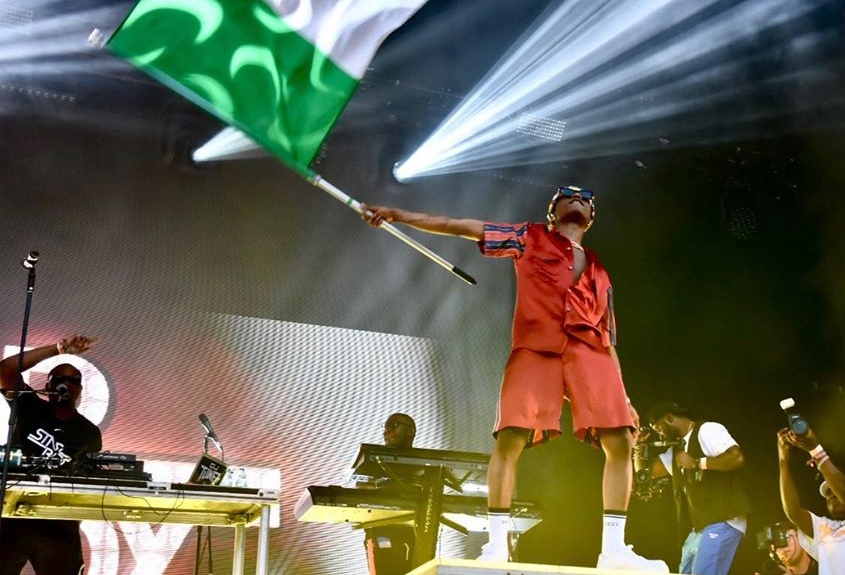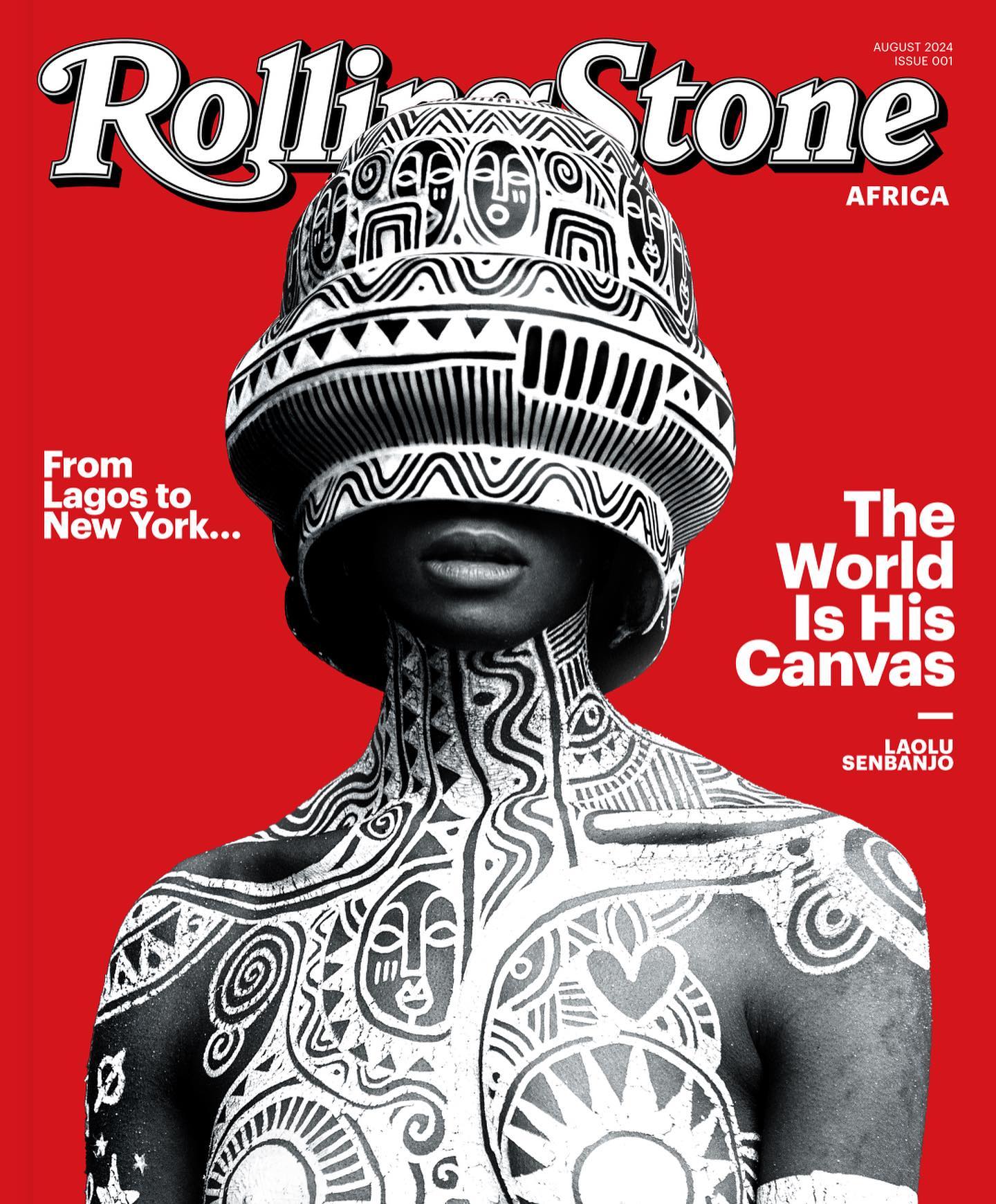

October 1, Nigeria’s Independence Day, is a day that best exemplifies the paradoxical sensibilities of the Nigerian experience.
On the one hand, there’s a frustration towards the country’s pitfalls and unfulfilled potential over the years; on the other, there is hope for the future and the endless possibilities that it holds. Through it all, what forever remains consistent is the unwavering sense of pride that Nigerians have become globally known to possess. And nothing feeds that pride quite like the country’s music industry.
Widely thought of as Nigeria’s greatest export, the music landscape has always been an integral piece of the country’s socio-political fabric, serving as a unifying force and a medium for social commentary. To celebrate the country’s 64th Independence Day, we go through 10 songs that symbolise the spirit of Nigeria and spark national pride.
In no particular order…
If you were to describe Wizkid’s “Ojuelegba” as the dreamer’s anthem, you’d be absolutely right. The soulful record off the singer’s sophomore album, Ayo, perfectly encapsulates a familiar trope for many Nigerians—continuous gratitude for the journey so far while banking on the knowledge that though the road ahead may not be smooth, it can only get better.
At a time characterised by the sordid affairs of military rule, the late Nigerian singer Onyeka Onwenu served as a voice of radical optimism in the 1980s and 1990s. On her most notable work, “One Love”, she sings, “One love keeps us together,” speaking to the need for unity and collectivism in the face of the country’s vastness and diversity.
Nothing captures Nigerian patriotism quite like the lyrics “straight from Naija, out of Naija.” On the track “Street Credibility”, 9ice and 2Baba pay tribute to the confident and hustle-oriented nature of Nigerians.
“Water No Get Enemy” is a track from Fela Kuti’s 1975 album, Expensive Shit. Like water, being Nigerian is an experience that requires adaptability and resilience. On the song, Kuti speaks truth to power by criticising the country’s oppressive systems while emphasising the strength of the Nigerian people.
Eddie Okwedy’s “Happy Survival” is a classic Highlife song that details perseverance and endurance. Released in the aftermath of Nigeria’s civil war, its optimistic lyrics, sung in Igbo, signal hope for a fruitful future even in times of strife and sorrow.
When you think of transcendent Nigerian songs, Burna Boy’s “Ye” is undoubtedly at the forefront of your mind. Yet, beneath its global commercial success lies a song that resonates deeply with the average Nigerian facing everyday challenges. “I no wan kpai/I no wan die/I no wan kpeme/I wan enjoy/I wan chop life,” he echoes on the track. Like everyone else, Burna Boy yearns to live a long and fulfilling life, reaping the rewards of his hard work.
Although the single continues to enjoy more notoriety in the global sphere than it does back home, one cannot deny the historical and cultural significance of Rema’s “Calm Down” in the digital age of Nigerian music. In 2023, its remix with Selena Gomez achieved new milestones for the music scene as it became the first African-led single to surpass one billion streams on Spotify.
If there were any doubts about Tems’ global superstar status following the rise of “Essence” alongside Wizkid, they were definitively put to rest when her lucid single, “Higher”, was sampled by the American rapper Future on “Wait For U”. Her contribution in turn earned her a place in history as the first Nigerian artist to debut at No. 1 on Billboard’s Hot 100 chart, as well as winning her first Grammy award.
Not many artists can boast of success similar to Asake’s since he fully entered the mainstream in 2022. In two years, he has toured the world, released three chart-topping albums, headlined two sold-out shows at the prestigious O2 Arena, and shows no signs of slowing down. On “Lonely At The Top”, taken from his sophomore album, Work of Art, Asake grapples with the fast-paced and often isolating realities of fame.
One thing Ayra Starr (like most Nigerians) is known for is her unwavering confidence in herself, from her music to her fashion choices. On the dancehall-tinged “Rush”, the young star makes it clear that she answers not to the fragile egos of mere men but to the higher power that continues to grant her favour. With “Rush”, she earned her first Grammy nomination in the freshly-minted Best African Music Performance category.

© Copyright Rolling Stone Africa 2024. Rolling Stone Africa is published by Mwankom Group Ltd under license from Rolling Stone, LLC, a subsidiary of Penske Media Corporation.
By providing your information, you agree to our Terms of Use and our Privacy Policy. We use vendors that may also process your information to help provide our services.
By registering for our sites and services, you agree to our Terms of Service (including, as applicable, the mandatory arbitration and class action waiver provisions) and our Privacy Policy.
We use vendors that may also process your information to help provide our services.
This site is protected by reCAPTCHA and the Google Privacy Policy and Terms of Service apply.
By providing your information, you agree to our Terms of Use and our Privacy Policy. We use vendors that may also process your information to help provide our services.